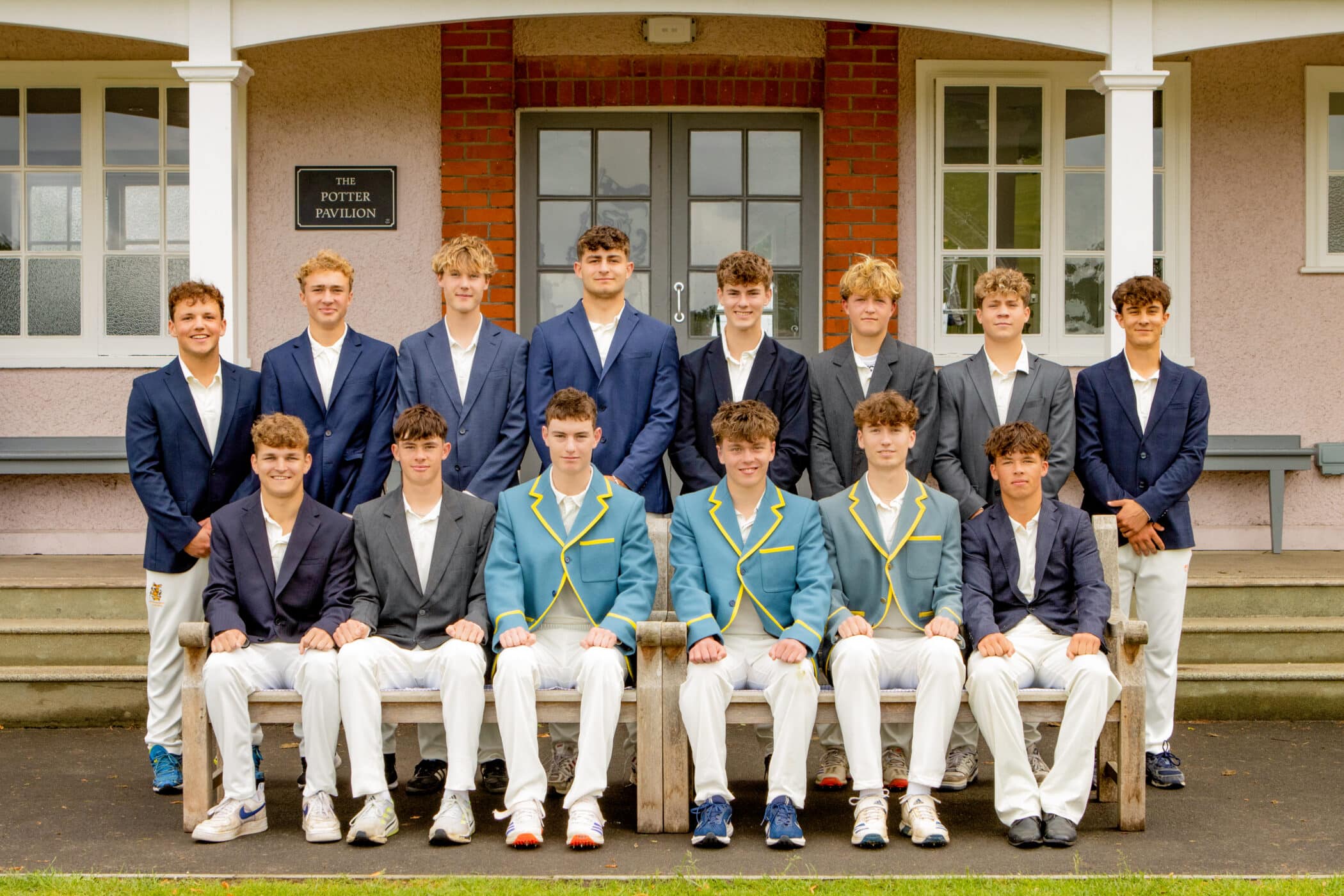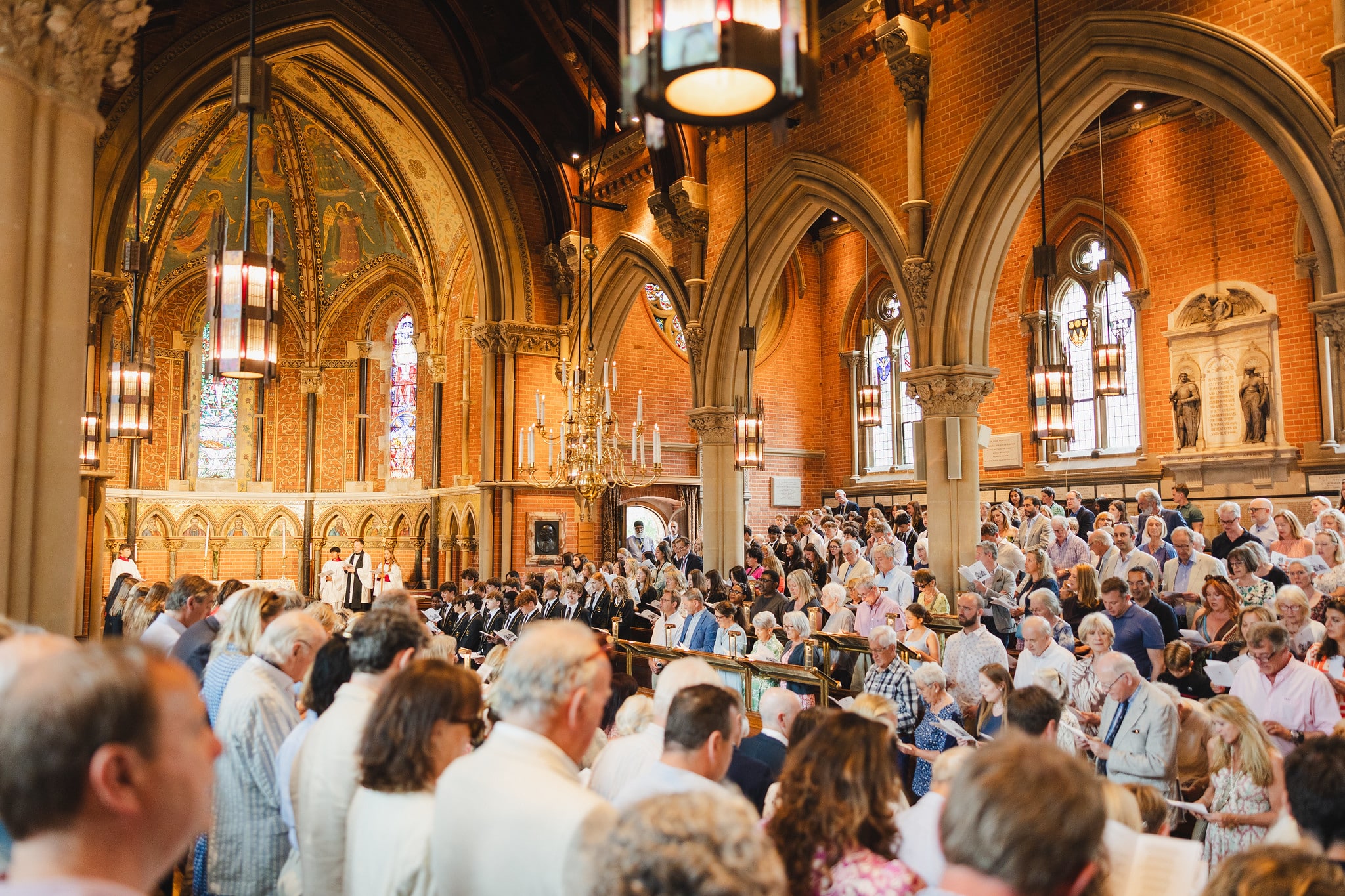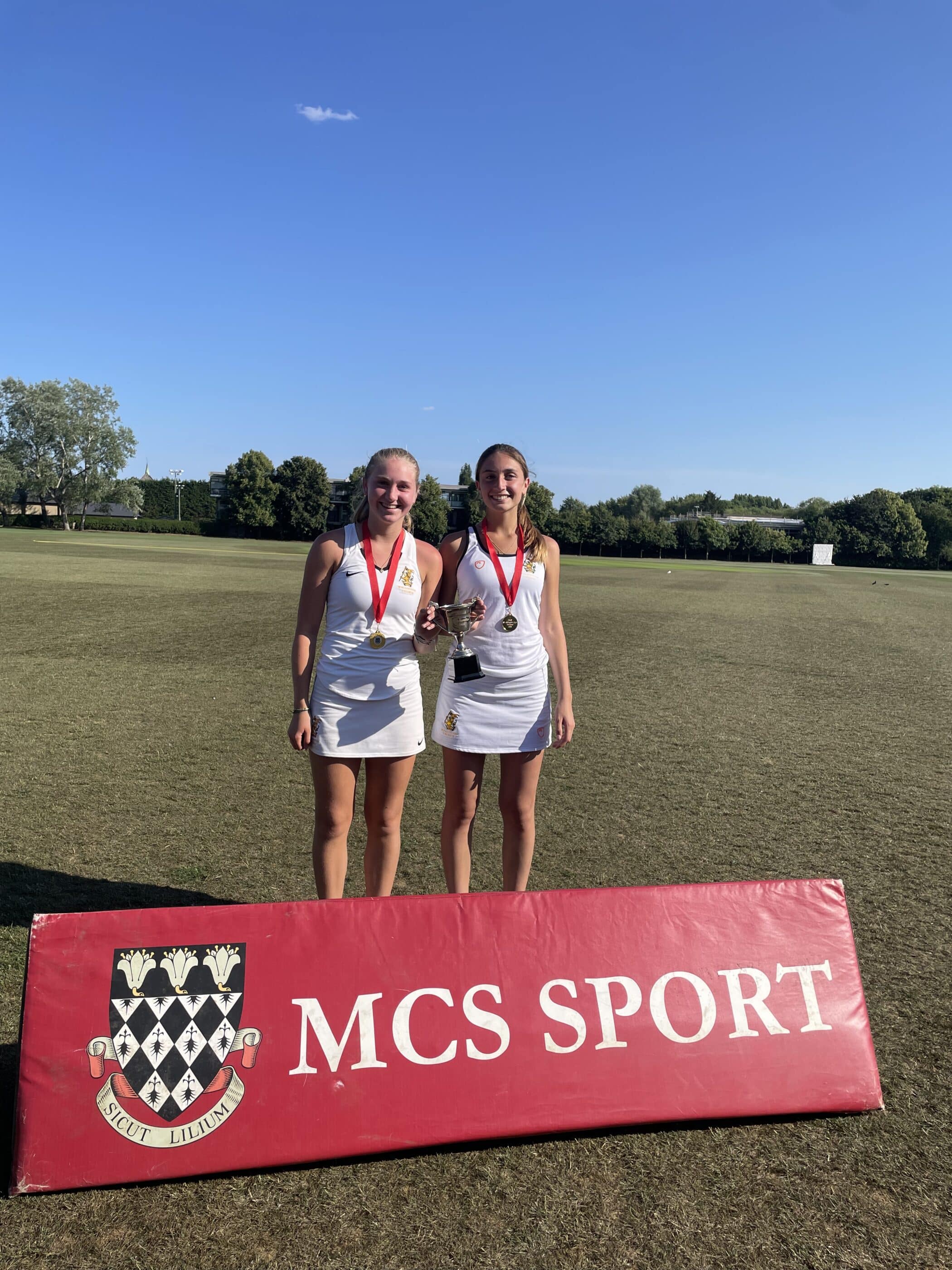
A group of our Lower Sixth economists have been exploring new ground in economic thinking, inspired by the work of Dr Jason Hickel and their recent participation in a Regenerative Economics workshop led by Jennifer Brandsberg-Engelmann. As part of this academic extension initiative, they have been trialling a potential new syllabus for the IB Higher Level Economics Diploma, exploring fresh perspectives on growth, sustainability, and economic justice.
As part of the initiative, two Wellington College pupils, Dan and Amelia, had the opportunity to interview Dr Hickel at this week’s Fireside talk, demonstrating intellectual maturity as they tackled complex and often uncomfortable questions. Their discussion examined the deep cultural and political attachment to economic growth and questioned whether it is truly compatible with environmental sustainability. They explored the implications of moving away from GDP as the dominant metric of progress and asked what a flourishing post-growth economy might look like. The conversation covered topics such as Universal Basic Income, global redistribution, tax reform, and the potential for commons-based economic systems. Drawing on Dr Hickel’s books Less is More and The Divide, the students showed a genuine appetite for understanding the structural roots of inequality and environmental degradation, and for imagining bold alternatives.
This ambitious student-led programme represents the kind of critical, future-facing inquiry that the Economics department at Wellington is proud to nurture. It not only enhances students’ understanding of contemporary debates but also equips them with the tools to ask bold, necessary questions about the future of the global economy.









